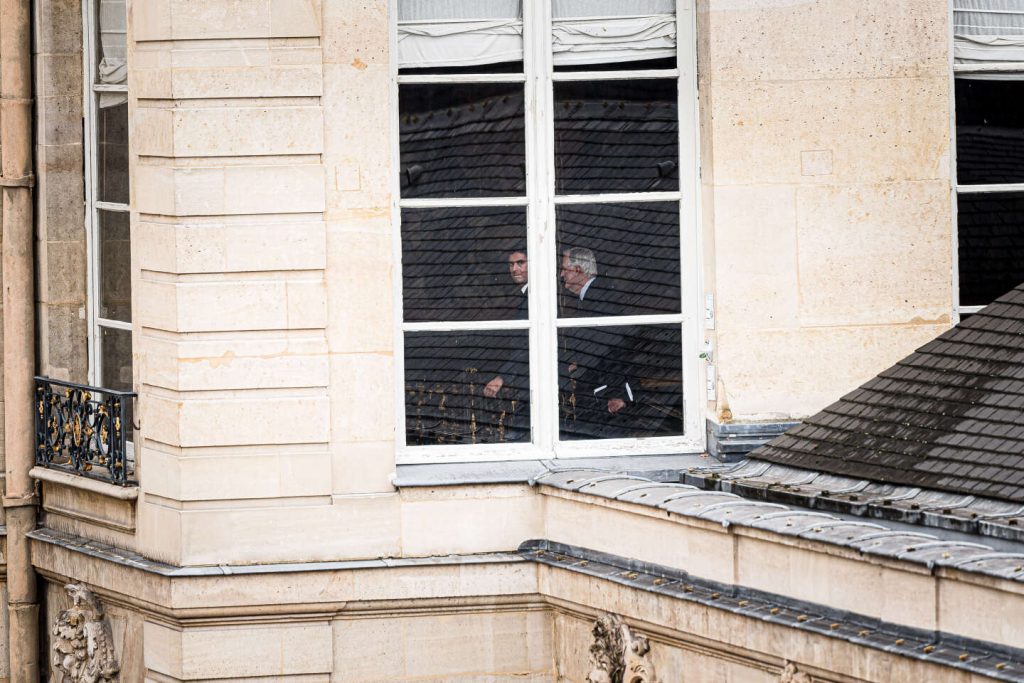The appointment of Michel Barnier as Prime Minister on September 5th was the result of a unique process led by President Emmanuel Macron, who tested various political and non-political options before choosing Barnier. This decision-making process was made public, giving the French people a close look at the decision-making process in government. The Rassemblement National, led by Marine Le Pen, played a key role in this process, with its demands and criteria influencing the final decision on the new Prime Minister.
Marine Le Pen’s party, the Rassemblement National, unexpectedly became a deciding factor in the choice of the new Prime Minister, after the party demanded a say in the decision-making process. The party insisted on a Prime Minister who would be respectful of their voters, leading to a tense negotiation with President Macron. Le Pen’s party felt marginalized by the “republican front” coalition earlier in the year, and was determined not to be sidelined in the selection of the new government. As the process unfolded, Le Pen’s approval or disapproval of the potential candidates played a significant role in the final decision.
President Macron found himself in a political deadlock after two rounds of consultations with various political parties in August, as both the Socialist Party and Les Républicains refused to join a coalition with his party. In search of a non-political solution, Macron considered appointing a figure from civil society to the position of Prime Minister. Thierry Beaudet, a prominent figure from the Mutualité française, was approached for the position after other options fell through. Initially hesitant, Beaudet eventually agreed to meet with Macron to discuss the possibility further, leading to his consideration for the role.
The tumultuous political landscape in France, with shifting alliances and power dynamics, led to the unexpected appointment of Michel Barnier as the new Prime Minister. His appointment marked a departure from traditional political figures, signaling Macron’s willingness to explore new avenues for governance. Barnier’s background as a diplomat and negotiator positioned him as a strategic choice during a time of uncertainty and political division in the country. The public reaction to Barnier’s appointment was mixed, reflecting the broader tensions and divisions within French society.
The selection of a new Prime Minister reflected a larger trend in French politics, with a growing emphasis on non-traditional political figures and alliances. The influence of parties like the Rassemblement National on the decision-making process highlighted the changing dynamics of power in the country. As President Macron navigated these challenges and sought to build a coalition that could effectively govern, the appointment of Barnier represented a new chapter in French political history. The coming months would test the stability and effectiveness of the new government, as it grappled with the complex issues facing the country.
Overall, the selection of Michel Barnier as Prime Minister in France in 2024 marked a significant moment in the country’s political landscape. The decision-making process leading up to his appointment underscored the shifting dynamics of power and alliances, as well as the influence of non-traditional actors in the political sphere. As Barnier took office and began his tenure, the country braced for a period of change and uncertainty, with hopes that his leadership would bring stability and direction in a time of political turbulence. The months ahead would reveal the true impact of this decision on the future of France.


